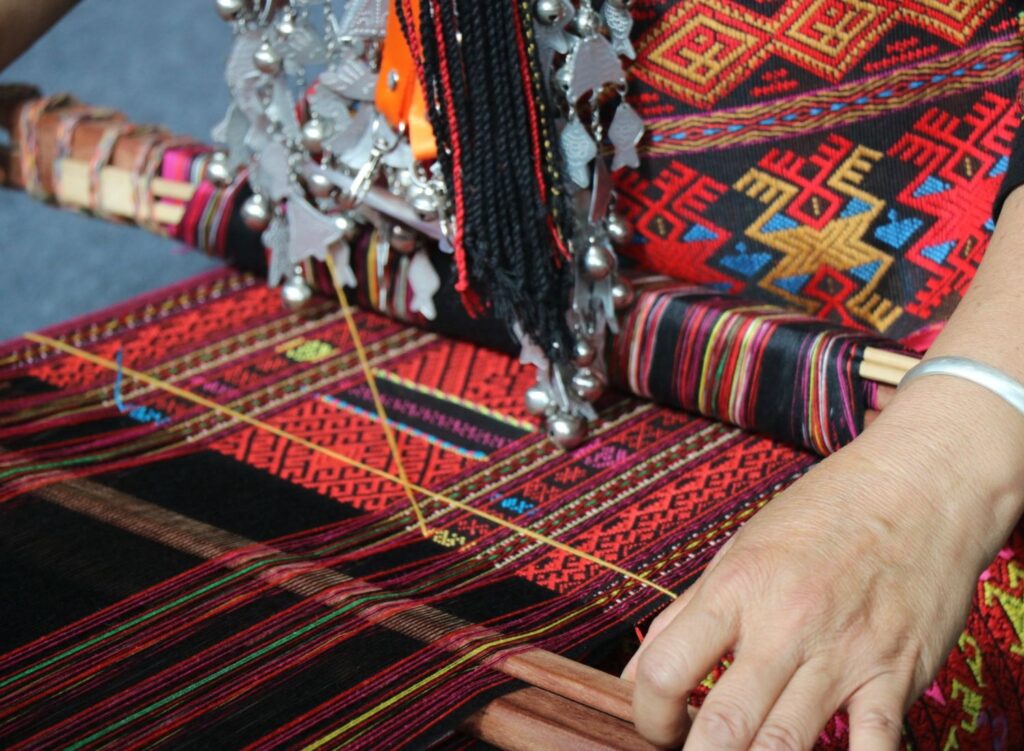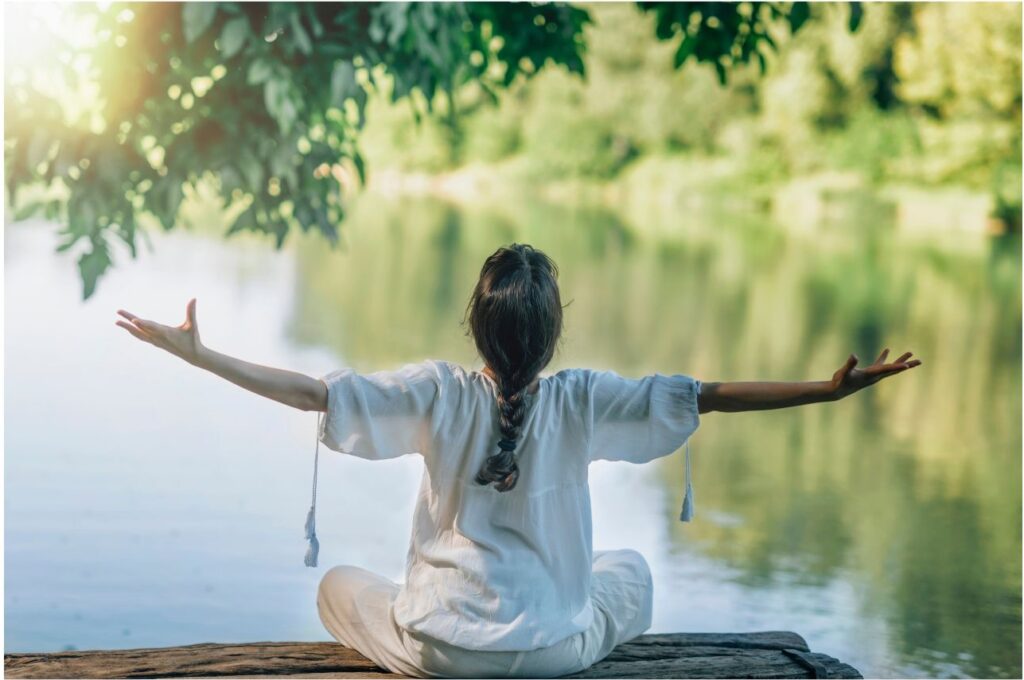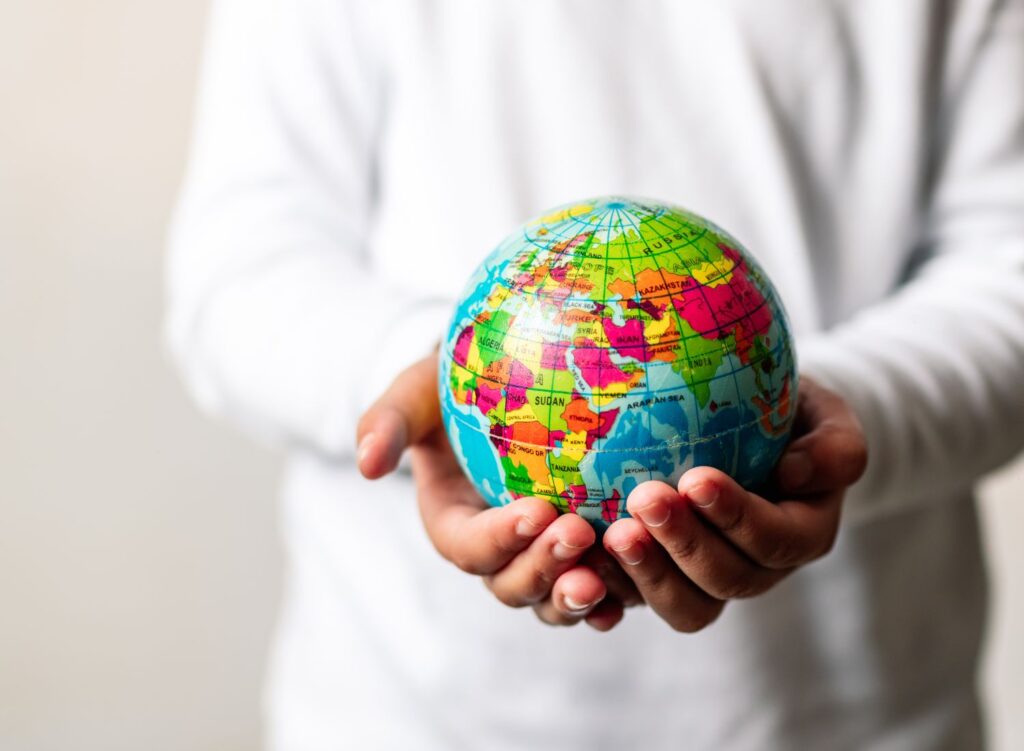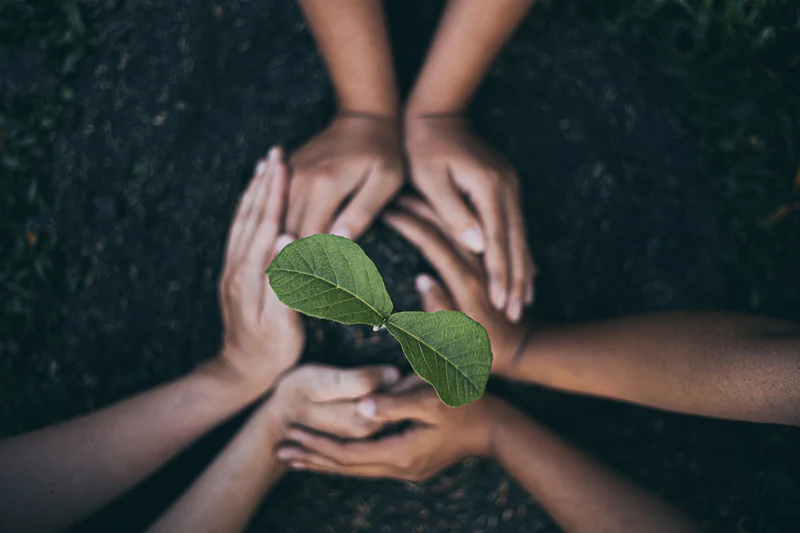
In this post, I’m diving into both the tangible and intangible side of sustainability – the one most of us nod our heads at, thinking we’ve got a handle on. Little did we know; there’s more to explore. Stay tuned as we unravel the intricacies of sustainability, bridging the gap between the physical and the spiritual. There’s a deeper connection waiting to be unveiled, and I’m here to guide you through it. Let’s embark on this journey together.
Ah, the age-old question: What is sustainability? I used to respond with the standard, no-nonsense textbook definition – you know, the one about meeting present needs without shortchanging the future. But here’s the real deal, the heart of sustainability is more intricate, more profound than a simple textbook answer.
Let me break it down for you, not in a way that complicates things, but in a way that unveils the layers of its truth. Sustainability isn’t a one-dimensional concept; it’s a rich tapestry woven from both material and spiritual threads. We’ve been fixated on the material realm for so long, wondering why we sense a void. It turns out, we’ve been seeking something spiritual in the physical.
The Core: The Truth

Absolutely, sustainability is at its core an issue rooted in our consumption habits. It’s not just about what we buy or use; it runs much deeper, intertwining with our mindset and the societal norms that shape, support, and cultivate that mindset. It’s a complex dance between what we consume and how we think about consumption.
Here’s the kicker – this mindset, this way of life, it’s not just a mental construct; it carries a spiritual essence. And in this context, it becomes the very fabric of our existence. Changing this mindset isn’t a quick fix; for some, it’s synonymous with altering their very personality. Imagine asking someone to be a different version of themselves – it’s a lot to take in, maybe even too much all at once. This is one of the reasons people feel an indescribable discomfort when they have to deal with anything sustainability related.
So, we find ourselves on a journey that demands a self-help approach. Let’s be crystal clear – this is a solo expedition. No one else can hand you the answers or the transformation. It’s a gift you give to yourself, a conscious decision to embark on a path of self-discovery and change.
Sustainability is about reclaiming a way of life that aligns with the well-being of our planet and, in turn, ourselves. Buckle up, because this journey is uniquely yours to navigate, and I’m here to walk beside you every step of the way.
Sustainability: Understanding

Becoming sustainable beings is a journey that unfolds through learning, awareness, and action. Yet, for many, embracing sustainability feels like swimming against the current. Why? Because, my friend, it is. We’ve been programmed to consume relentlessly, craving more without ever pausing to question why.
Think about it – the constant push for more is ingrained in us, a product of societal conditioning that whispers in our ears, making us believe we’re not enough, not doing enough. But let me drop a truth bomb – we are so much more than the possessions we accumulate. It’s a fact, a fundamental truth that I hope resonates with each one of us.
The desire to make life easier is understandable, but is this comfort you seek in the physical or is it the spiritual? Oftentimes the relief offered in the physical world is temporary and it keeps us in a reinforcing cycle of continual need because it isn’t sustainable. But when searching within ourselves for the peace and comfort we look for that’s where the long lasting comfort comes from that can elevate us and sustain us because it’s from us–we create our own peace.
If what you seek is in the material world, then be brutally honest with yourself. Is it truly making your life easier, or are you succumbing to the pressures of societal norms? Are you chasing a mirage painted by others, or is this what you genuinely desire?
Let’s peel back the layers, my friend. It’s time to question, to challenge, and to discover a path that aligns with your authenticity. Sustainability isn’t just a buzzword; it’s a profound shift in perspective, a reclaiming of what truly matters. So, ask yourself the tough questions, and let the answers guide you toward a life that’s not just easier but authentically yours.
The Outer: Revelation

The economy, often touted as the face of our world, is, in reality, a creation of our own making. It’s not the core; it’s the outward expression of our collective mentality. Picture it like the diverse landscapes of our planet, where each industry mirrors the features of mountains, rivers, oceans, and more. These industries shape the environment we navigate, but here’s the kicker – it’s an environment we’ve crafted for ourselves.
Now, here’s the misconception: changing our mentality doesn’t mean living in a world devoid of these features. It’s about intentionally inhabiting a planet where our creations align with a shared societal goal, sustainability. It’s about molding a landscape that fosters collective well-being.
Our mindset has birthed a peculiar dichotomy – the “if I don’t do it, someone else will” narrative for detrimental actions, and a noble “if not you, then who?” response for the greater good. Strangely, society seems more inclined to succumb to the allure of harmful behaviors than to commit to the collective good. What does this reveal about our societal structures when incentives seem to favor the undesirable?
Sure, personal choices play a role, and individuals are accountable for their actions. Yet, the heartbreaking truth is that they often escape the brunt of the consequences, leaving others to suffer in their wake. It’s a disheartening cycle, and as we navigate these complexities, it’s crucial to question and challenge the systems that perpetuate such imbalances. After all, a society that incentivizes harm over good demands a closer look and a collective commitment to change.
Sustainability: Together

Together the diversity and numerous people on our planet are our greatest strength, but at this point in time they feel like our greatest weakness. While we are economically and geographically linked, the real challenge lies in our human connection. Instead of fostering unity, we find ourselves entrenched in constant competition, inadvertently exacerbating the very issues we strive to mitigate. Trust, a cornerstone of collaboration, seems to be a scarce commodity, with the prevailing mindset echoing an “If I don’t do it, then someone else will” sentiment even at the global level. Overcoming this challenge demands a shift towards collaboration and unity.
What adds to the complexity is the reality that those who derive no benefits from the actions perpetuated by privileged bear the brunt of the consequences. It’s disheartening to witness the most vulnerable members of our global community left in discomfort. In the face of such disparities, the least we can do is not turn a blind eye to their plight. Seizing every opportunity to do good becomes not just a choice but a responsibility. This global issue is a call for collective empathy, urging us to recognize the shared responsibility we hold for each other and the planet we inhabit.
Conclusion:

In conclusion, our journey through the intricate layers of sustainability has revealed a profound tapestry woven from both material and spiritual threads. Sustainability transcends textbook definitions, emerging as a transformative expedition of self-discovery that extends beyond environmental considerations. It beckons us to reclaim a way of life harmonized with the well-being of our planet and ourselves. Through reconnecting with nature and fostering connections among us on this shared planet, we discover that love – for ourselves and each other – becomes the strength propelling us toward our destination. This is a uniquely personal journey, and as we navigate the path of self-help, a guiding presence stands ready to walk beside us.
Exploring the tangible side of sustainability, we confront the complexity of our consumption habits, prompting us to question societal norms that push us toward mindless accumulation. While the desire for an easier life is acknowledged, the realization dawns that true comfort arises from within, cultivating a lasting peace that elevates and sustains us.
Turning our attention to the external manifestation of our collective mentality – the economy – we recognize it as a reflection rather than the core. This realization urges us to intentionally shape a world where our creations align with shared societal goals. As we embark on this continuous exploration, let’s challenge systems perpetuating imbalances and collectively commit to forging a future where sustainability is not merely a goal but an intrinsic way of life, fostering harmony and well-being for all.
